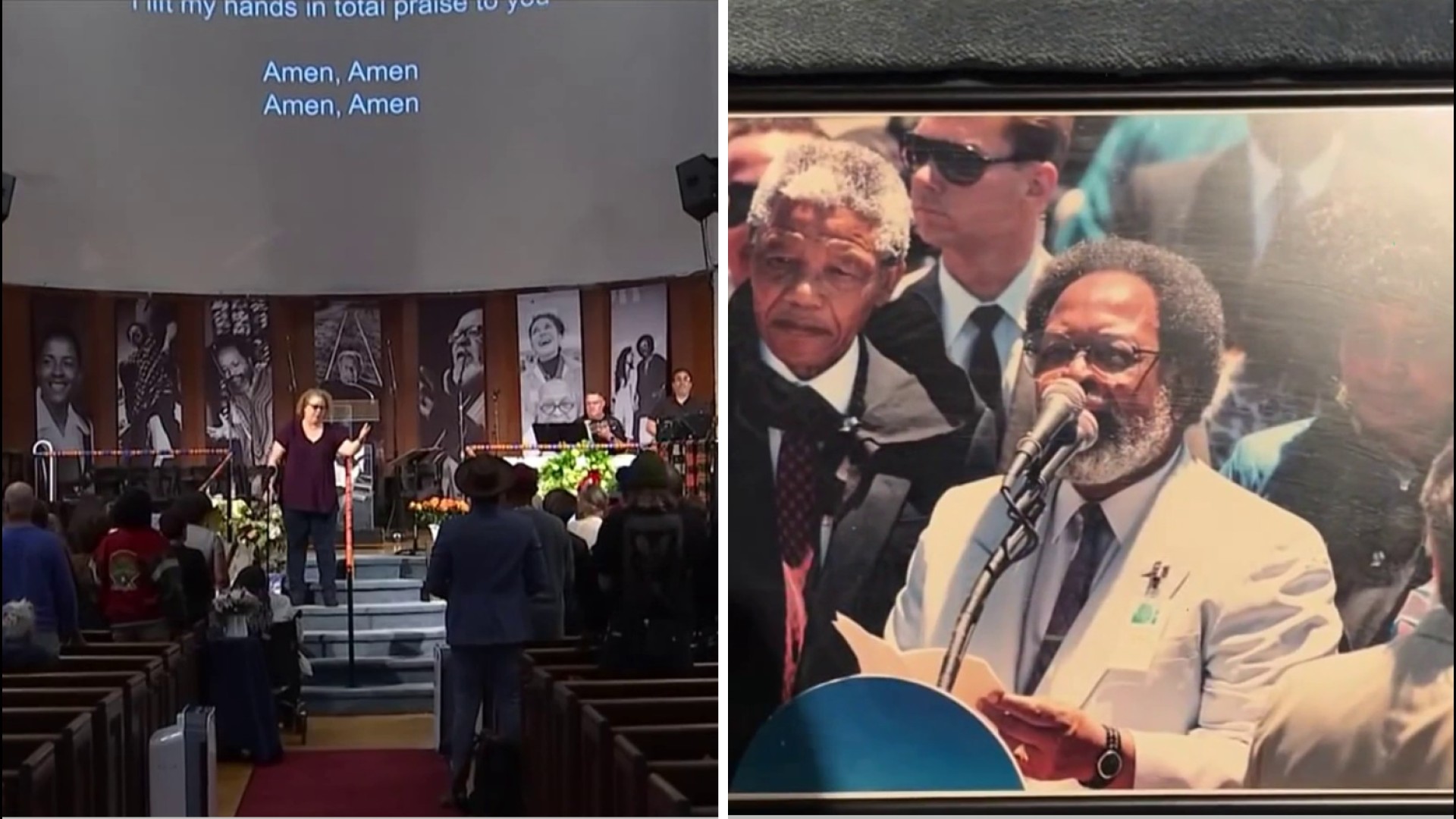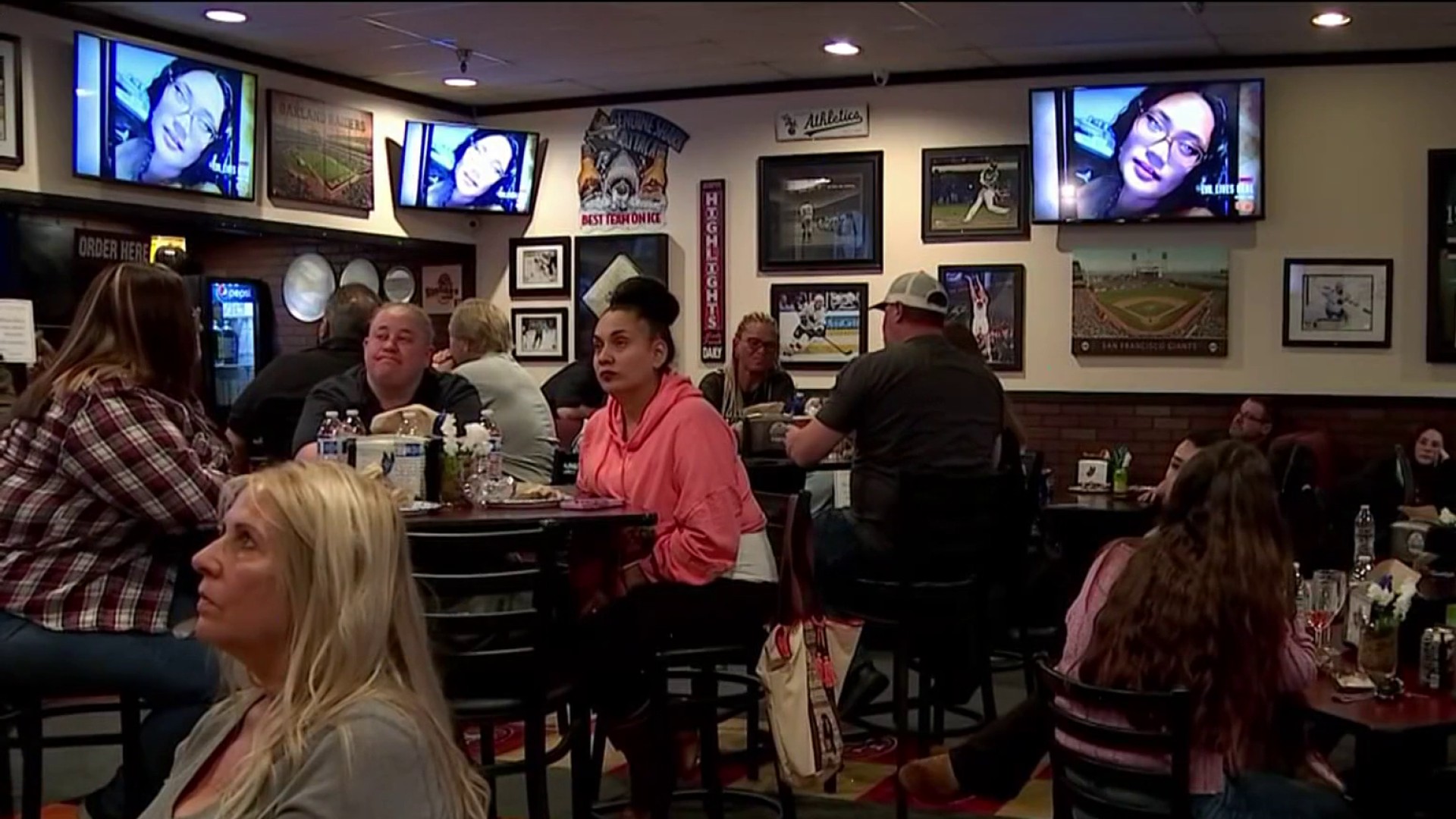In the days leading up to his election as Speaker of the House, it appeared Wisconsin Congressman Paul Ryan would not only face Washington’s partisan politics in the new role, but also a schism within his own party.
Some of the more conservative members of the party, like North Carolina Congressman Walter Jones, voiced concern about voting for Ryan, feeding the perception of a fractured caucus.
Outside an event earlier this week, Jones told reporters, “If I knew it was a Paul Ryan rally for Speaker of the House, I wouldn’t be here.”
But when all votes were cast and the final results tallied, Ryan won a near consensus from his party. He received 236 out of 245 votes cast by Republicans, or 96 percent.
According to a report by the Congressional Research Service, that raw number of votes—236—marks the third highest number of total votes received by a Speaker of the House candidate in the last two decades.
That means nine of the previous twelve roll calls for speaker failed to reach Ryan’s total.
He was bested only by John Boehner, who received 241 votes in 2011 and Nancy Pelosi, who garnered 255 votes in 2009.
Local
There are some other factors that affect the vote total, like the size of the majority party. In this instance, Republicans control a lot of real estate in Congress, so the speaker should garner more votes than if the party’s lead were slimmer.
Regardless, the fissure within his own party seems to have abated for the moment, but in his new role, Ryan faces perhaps an even greater schism, that of Washington’s partisan politics. It’s a gap that he hopes to help narrow.
“We are turning a page,” he told reporters on Wednesday. “We are not going to have a House that looked like it looked the last few years. We are going to move forward.”



